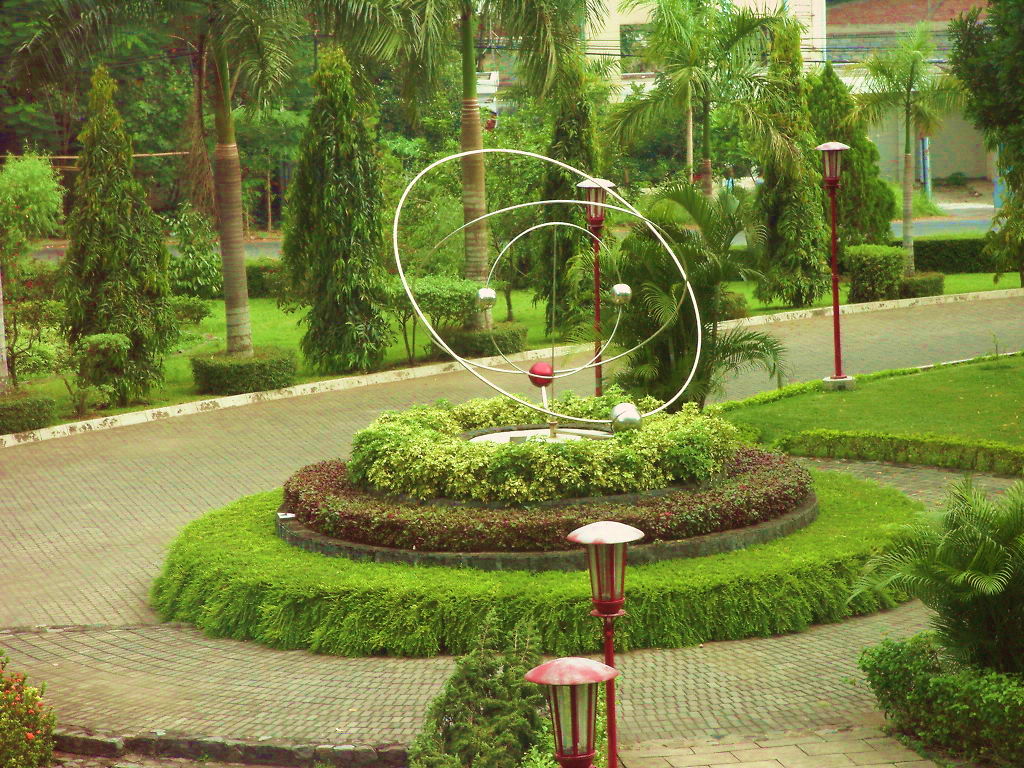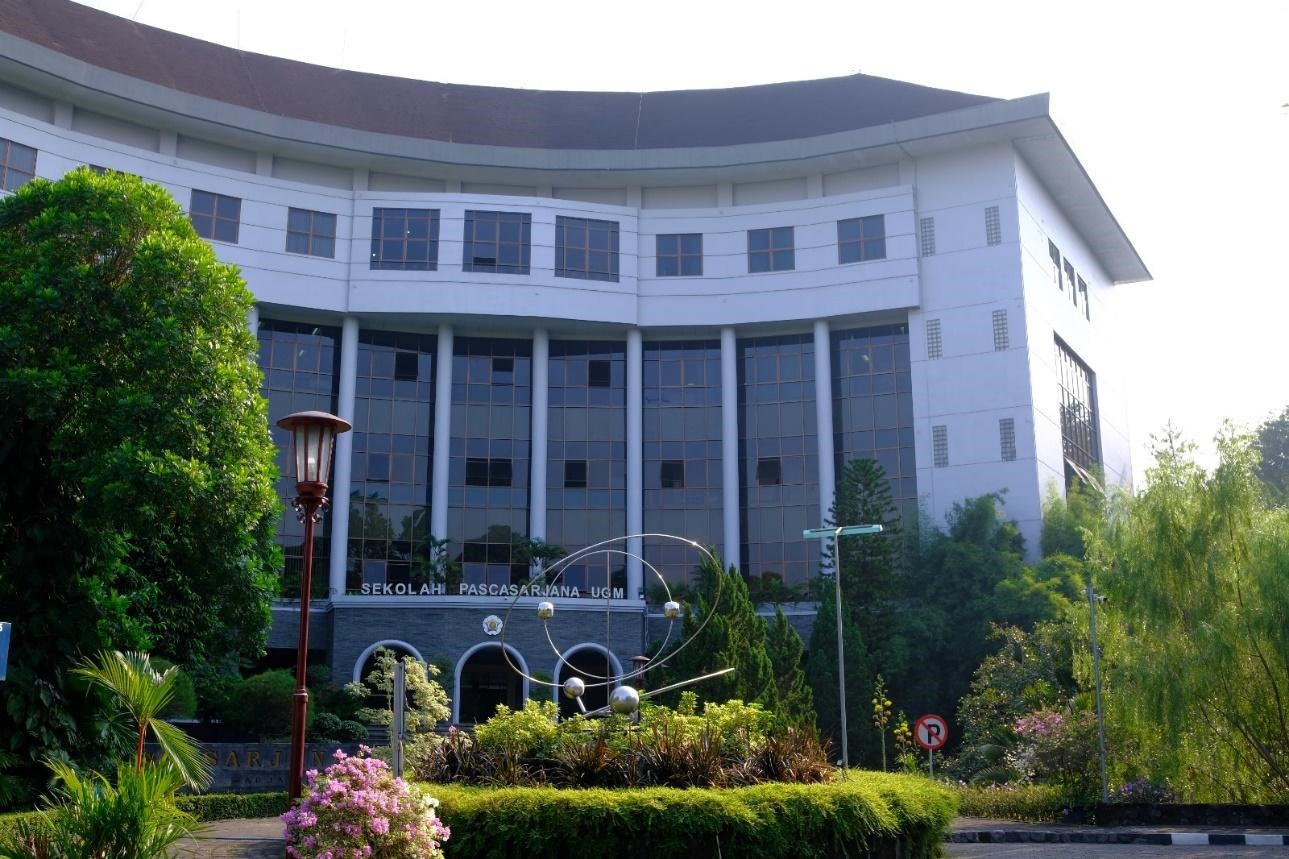
The “bediding” phenomenon has once again affected the Special Region of Yogyakarta, where the extreme cold temperatures during the dry season are often felt from night until morning. Although this morning (16/7) feels notably colder, the afternoon air will feel hotter. However, the environment at the Graduate School of Universitas Gadjah Mada (SPs UGM) remains cool even during the day.
In the SPs UGM environment, daytime coolness is created thanks to the diversity of plants and various flora thriving around the campus. Leafy trees, green gardens, and various types vegetation planted in the campus area provide a comfortable and cool atmosphere. This vegetation not only enhances the campus’s aesthetics but also functions as a natural cooler that reduces heat effects.
The SPs UGM community greatly enjoys this cool atmosphere, especially when they engage in outdoor activities. “I feel very comfortable with this green campus environment. Although it can be very hot outside the campus, it still feels cool here,” said one of the Graduate School staff.
Besides providing comfort, the presence of plants and green spaces in the SPs UGM environment also supports the campus’s efforts to create a healthy and productive learning environment. This greenery program is part of the campus’s initiative to support environmental sustainability and provide long-term benefits for the entire academic community.
With this cool and comfortable atmosphere, SPs UGM proves that efforts to maintain and manage a green environment have significant positive impacts, both for daily comfort and for the health and productivity of all its inhabitants. This cool atmosphere also becomes one of the attractions for prospective students who want to study in a conducive and environmentally friendly setting.
Tags: SDG 3: Good Health and Well-being; SDG 11: Sustainable Cities and Communities; Graduate School; SDG 13: Climate Action; SDG 15: Life on Land; UGM; Bediding, Cool Environment, Green Campus, DIY, Greening;, Campus Comfort, Environmental Sustainability
Author: Arfikah Istari



